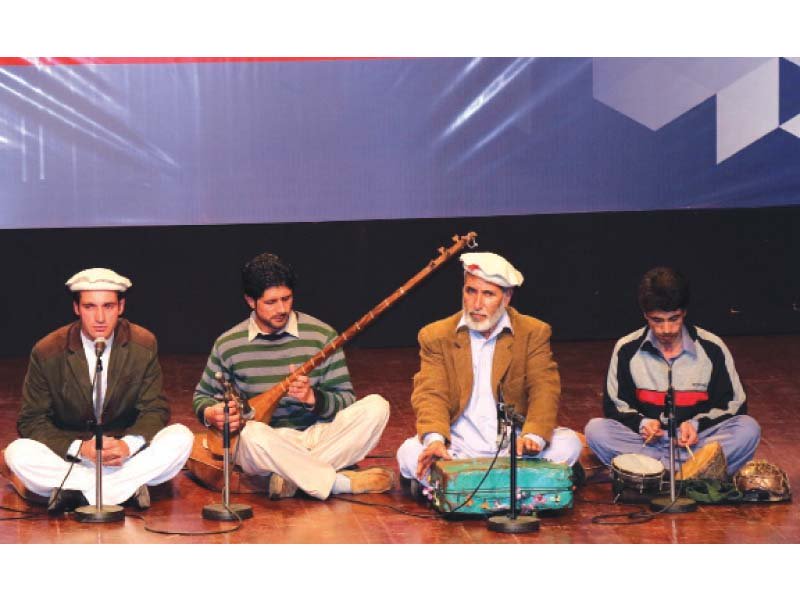
They were speaking at the opening ceremony of a three-day cultural event, Culture for Peace and Pluralism, at PNCA. The event, organised by Initiative for Promotion of Pamiri Arts and Culture (IPPAC), is being held to celebrate the culture of mountain communities of Karakoram, Hindukush, Himalayas and Pamirs; and to mark the World Mother Languages Day.
The speakers also called for unity between the people of Chitral and Gilgit-Baltistan region. They said that the promotion of culture was important because it was an effective tool in creating harmony and peace in the region.
Speaking at the event, Balti poet Ehsan Ali Danish said that if one wanted to see heaven on earth, one must visit places such as Kailash, Deosai and Naltar.
“The beauty of these places lie in the beauty of their people, who are compassionate and kind despite living a tough life and knowing the harsh realities of the world,” he said.
Ashraf Sada, a PML-N party member from Skardu, congratulated the organisers on putting together the event and said, “The proof of a living nation is that while it progresses, it also retains its cultural values and heritage. We have a strong relationship with the past and we cannot afford to let it go.”
The speakers also shared their concerns about the challenges of globalisation, media and commercialisation to the unique and pristine culture of Gilgit-Baltistan and Chitral.
Poets, including Ehsan Ali Danish, Saifuddin Saif and Ali Qurban, recited their poetry in their respective mother tongues to express the beauty of the mountain regions and their unique values, cultures, political and economic issues along with social grievances and deprivations.
They also expressed their concerns about the endangered languages, Shina, Balti, Khowar, Burushaski, Wakhi and Dawoodi, of Gilgit-Baltistan and Chitral.
The audience was particularly enthralled by Ali Qurban’s poetry which had a radical message of resistance. One of the most interesting aspects of the mushaira was the use of Domaki language in poetry, considering there are only around 500 people left in Hunza who can speak the language.
Dr Ijlal Hussainpur, from the Silk Route Centre, said that the Dom people, who speak Domaki, are socially stigmatized because they are professional musicians and blacksmiths, which is why their language has suffered too. He further said that the Silk Route Centre would set up a research centre and a museum to preserve the instruments and contribution of the Domaki community – people of Mominabad, Hunza.
At the end of the event, musical ensembles from Chitral and Gilgit-Baltistan presented folk songs which enchanted the audience. Singers Shabab and Zakir Zakhmi presented songs accompanied by sitar players.
Published in The Express Tribune, February 21st, 2016.













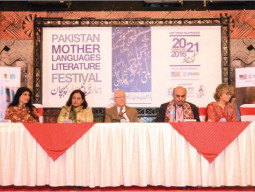
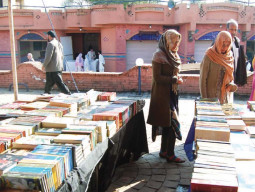

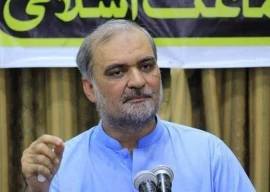

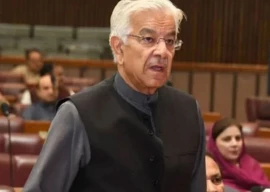
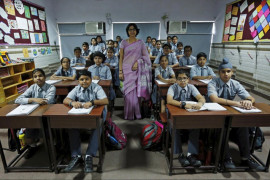
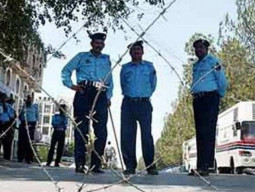










1714024018-0/ModiLara-(1)1714024018-0-270x192.webp)










COMMENTS
Comments are moderated and generally will be posted if they are on-topic and not abusive.
For more information, please see our Comments FAQ